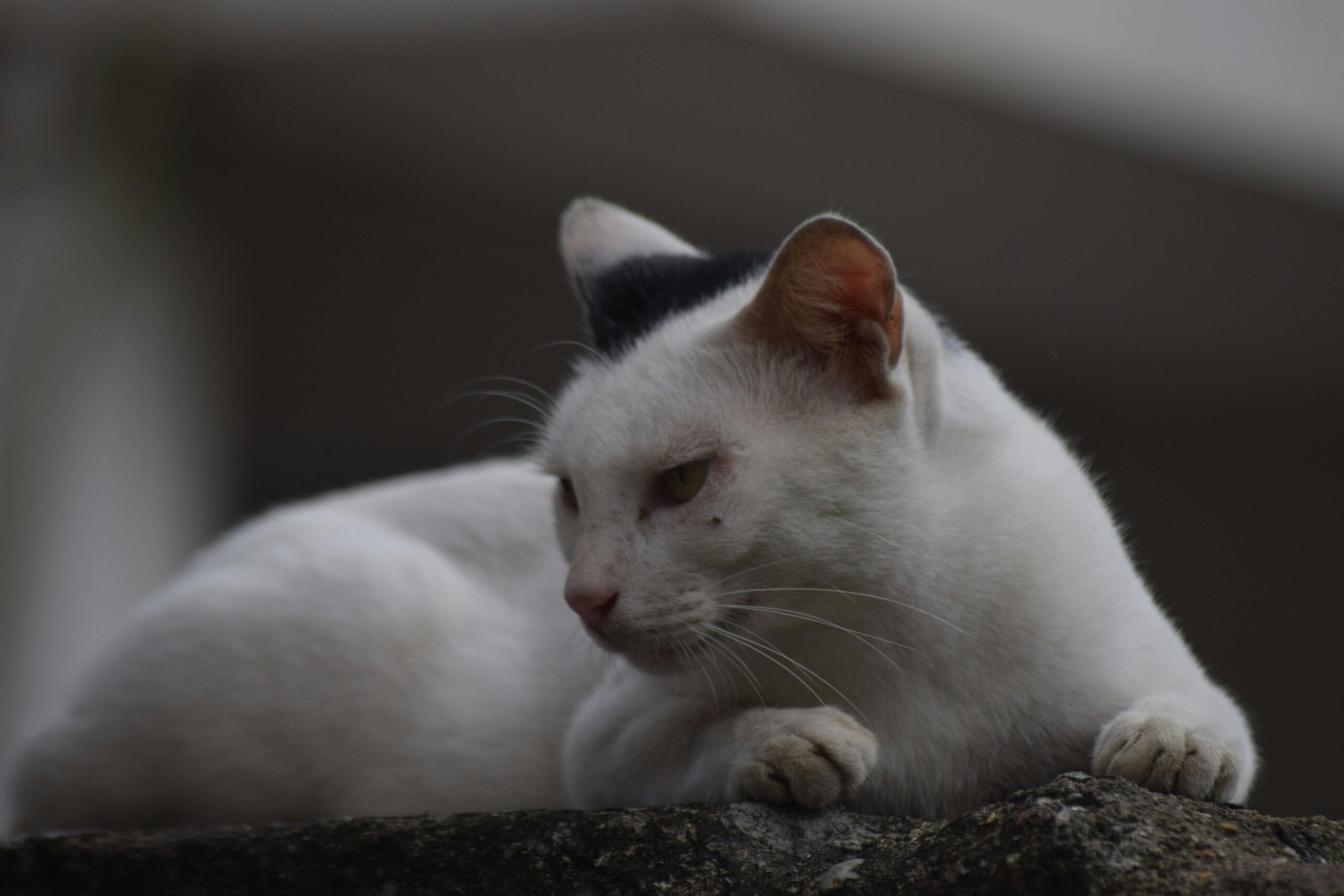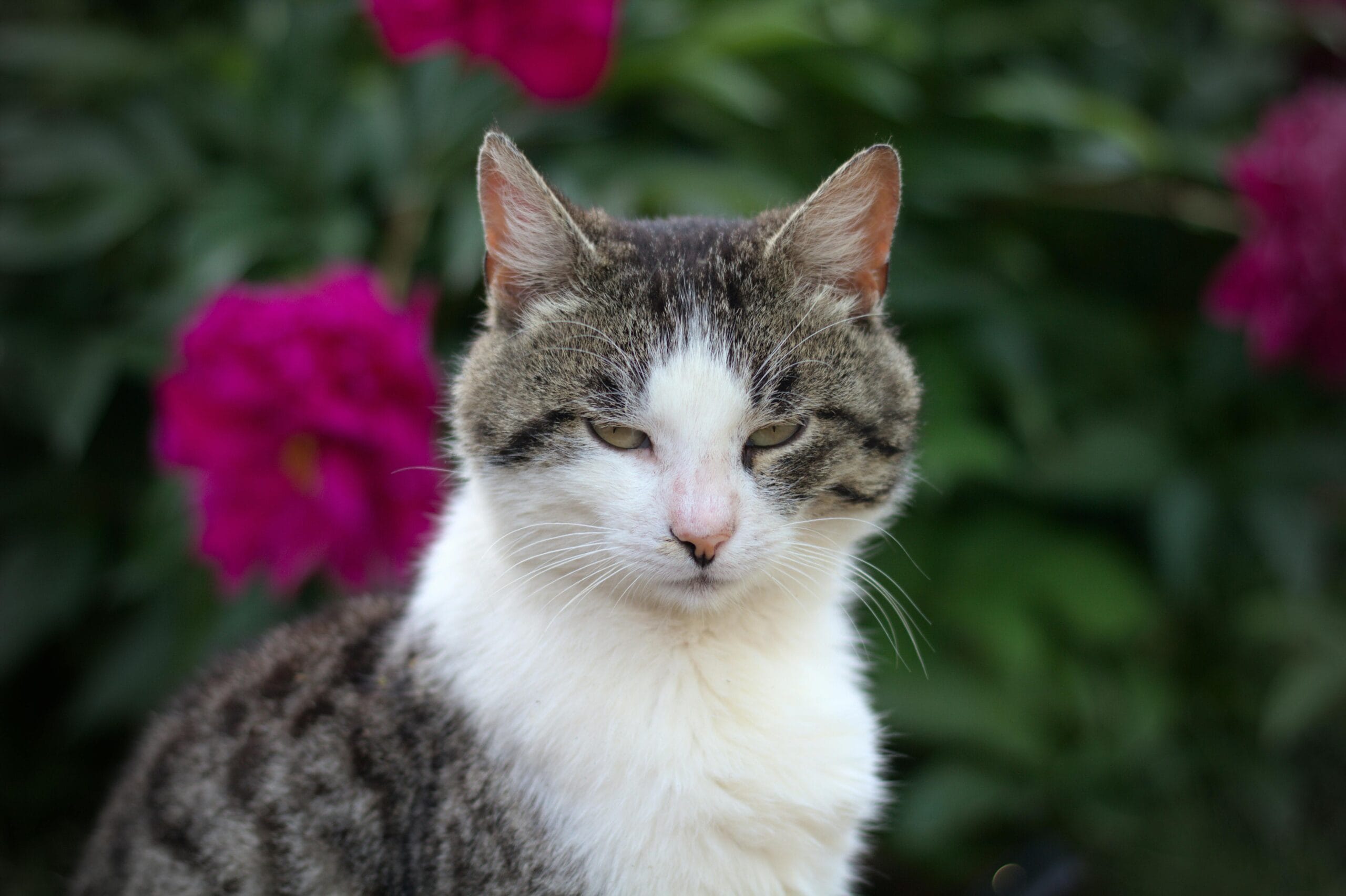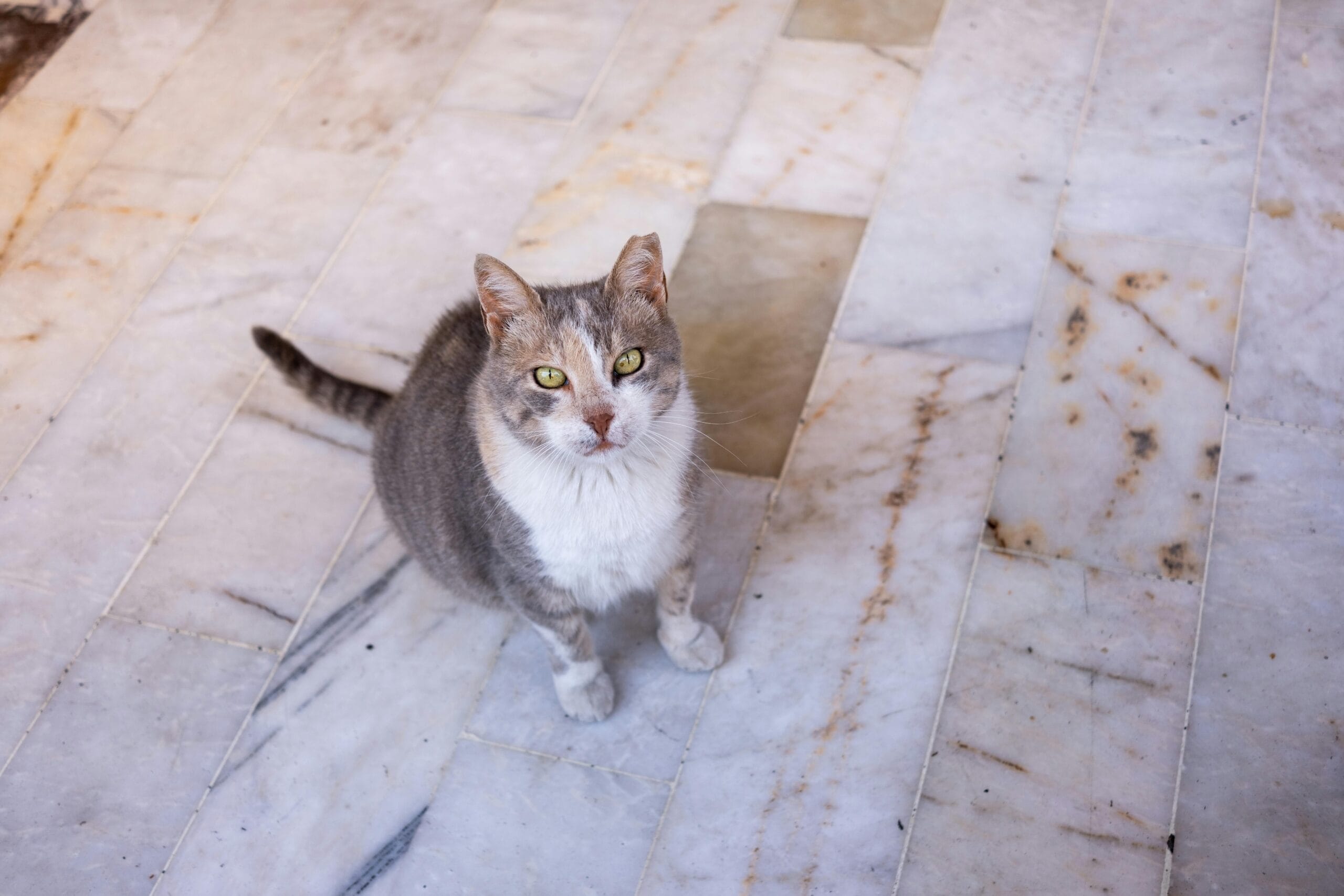Is Monstera Toxic To Cats ?

Is Monstera Toxic To Cats? Discover the truth about Monstera plant cat toxicity. Are Monsteras poisonous to cats? Find out now and protect your feline friend! Learn the facts & keep your cat safe.
Is Monstera Toxic to Cats? A Comprehensive Guide to Monstera Plant Cat Toxicity
The popularity of the Monstera deliciosa, with its iconic fenestrated leaves, has exploded in recent years. These striking plants grace homes and offices alike, adding a touch of the tropics to indoor spaces. However, for cat owners, a crucial question arises: Is Monstera toxic to cats? The short answer is yes, but understanding the extent of the toxicity and how to mitigate the risk is vital. This comprehensive guide delves into the specifics of Monstera plant cat toxicity, offering practical advice and dispelling common myths.
Understanding Monstera Plant Cat Toxicity
The Are Monsteras Poisonous To Cats question often stems from the presence of insoluble calcium oxalates within the plant’s leaves and stems. These needle-shaped crystals are the primary culprits behind the toxicity. When a cat chews or ingests any part of a Monstera plant, these crystals can cause irritation and inflammation in the mouth, throat, and digestive system.
The severity of the reaction varies depending on several factors: the amount of plant material ingested, the cat’s size and health, and the individual cat’s sensitivity. While a small nibble might only lead to mild discomfort, larger quantities can result in more serious symptoms. This is why understanding the potential dangers and taking preventative measures is crucial.
Symptoms of Monstera Toxicity in Cats
Recognizing the symptoms of Monstera toxicity in cats is the first step towards effective treatment. These symptoms can manifest relatively quickly after ingestion and may include:
- Excessive drooling or salivation
- Pawing at the mouth
- Oral irritation and inflammation, often visible as swelling or redness of the mouth and tongue
- Vomiting
- Difficulty swallowing (dysphagia)
- Loss of appetite
- In severe cases, difficulty breathing
It’s crucial to remember that some cats might exhibit only mild symptoms, while others may experience a more dramatic reaction. If you suspect your cat has ingested any part of a Monstera plant, even a small amount, don’t hesitate to seek veterinary attention immediately.
What to Do If Your Cat Ingests a Monstera Plant
Acting swiftly is critical when dealing with suspected Monstera toxicity in cats. Here’s a step-by-step guide on how to respond:
- Remove your cat from the vicinity of the plant to prevent further ingestion.
- Contact your veterinarian or a pet poison control center immediately. They can provide guidance specific to your cat’s situation and recommend appropriate treatment. The ASPCA Animal Poison Control Center (APCC) is a valuable resource; you can find their contact information online. Getting advice from a qualified professional is always the safest course of action.
- Try to identify how much of the plant your cat ingested, if possible. This information will help the veterinarian assess the severity of the situation.
- Do NOT induce vomiting unless instructed by a veterinarian. Improperly induced vomiting can cause more harm than good.
- Follow your veterinarian’s instructions carefully. This may involve supportive care to alleviate symptoms or more intensive treatment depending on the severity of the situation.
Remember, prevention is always better than cure. Taking preventative measures is the most effective way to ensure your feline friend’s safety.
Preventing Monstera Plant Cat Toxicity
The best way to deal with Is Monstera Toxic To Cats is to prevent your cat from accessing the plant altogether. Here are some strategies:
- Place the Monstera plant out of reach of your cat. This might mean placing it on a high shelf, hanging it from the ceiling, or keeping it in a room your cat doesn’t frequent.
- Use cat deterrents. Commercial cat repellents are available, or you can try using citrus peels or other scents that cats generally dislike around the base of the plant.
- Provide alternative activities and enrichment for your cat to distract them from the Monstera plant. Interactive toys, scratching posts, and climbing structures can all help redirect your cat’s attention.
- Train your cat. With patience and positive reinforcement, you can teach your cat to avoid the Monstera plant.
- Consider alternative plants. There are many non-toxic houseplants that are safe for cats. Researching cat-friendly plants can help you create a beautiful and safe indoor environment for both you and your furry companion.
Debunking Myths About Monstera and Cats
Several misconceptions exist regarding Monstera plant cat toxicity. Let’s address some common myths:
- Myth: A small amount of Monstera ingestion is harmless. Fact: Even small amounts can cause irritation and discomfort. It’s best to completely prevent ingestion.
- Myth: All cats react the same way to Monstera. Fact: The severity of the reaction varies depending on the cat’s size, health, and the amount ingested.
- Myth: Home remedies are enough to treat Monstera poisoning. Fact: Always seek professional veterinary advice. Home remedies are not a substitute for veterinary care.
Further Research and Resources
For more in-depth information on toxic plants and pet safety, you can consult resources like the ASPCA Animal Poison Control Center. They offer comprehensive information and expert advice on dealing with pet poisoning emergencies. Another reliable resource is the Cornell University College of Veterinary Medicine, which provides a wealth of information on pet health and safety.
Understanding the potential dangers of Monstera plant cat toxicity is crucial for cat owners who enjoy the aesthetic appeal of these popular plants. By implementing the preventative measures outlined above and acting quickly in case of ingestion, you can ensure the safety and well-being of your feline friend while still enjoying the beauty of your Monstera.
For those dealing with Are Monsteras Poisonous To Cats situations, proactive strategies like diligent plant placement, environmental enrichment, and cat training can effectively minimize risks. Remember, consistent vigilance and swift action are key to safeguarding your beloved pet.
The information provided in this article is for educational purposes only and should not be considered a substitute for professional veterinary advice. Always consult with your veterinarian if you suspect your cat has ingested a toxic substance.
Share Your Experiences!
Have you had any experiences with your cat and Monstera plants? Share your stories and tips in the comments below! Let’s create a supportive community for cat owners to learn from each other’s experiences concerning Monstera toxicity in cats and Monstera Plant Cat Toxicity. Your insights could help other cat owners protect their furry friends!

10 FAQs: Is Monstera Toxic to Cats?
1. Q: Is Monstera Toxic To Cats?
A: Yes, Monstera plants (including deliciosa and adansonii) are toxic to cats. They contain insoluble calcium oxalates, which cause irritation and discomfort if ingested. Monstera Plant Cat Toxicity is a serious concern.
2. Q: What happens if my cat eats a Monstera leaf?
A: Ingestion of Monstera leaves can cause oral irritation, excessive drooling, vomiting, and difficulty swallowing. The severity depends on the amount consumed. Are Monsteras Poisonous To Cats? Yes, they are poisonous, though rarely fatal unless a large quantity is eaten.
3. Q: Are all parts of the Monstera plant toxic to cats?
A: Yes, all parts of the Monstera plant – leaves, stems, and aerial roots – contain the irritating calcium oxalates. Therefore, even a small nibble can cause problems. This highlights the importance of understanding Monstera Plant Cat Toxicity.
4. Q: My cat just licked a Monstera leaf. Should I be worried?
A: A lick is unlikely to cause serious problems, but monitor your cat for any signs of irritation like excessive drooling or pawing at its mouth. If you see any adverse reactions, contact your vet.
5. Q: What are the symptoms of Monstera toxicity in cats?
A: Symptoms of Monstera toxicity in cats include excessive drooling, pawing at the mouth, vomiting, difficulty swallowing, and oral irritation. In severe cases, there might be swelling of the mouth and throat.
6. Q: How can I treat my cat if it has ingested Monstera?
A: If you suspect your cat has ingested a Monstera plant, contact your veterinarian immediately. They may recommend inducing vomiting or other treatments depending on the severity of the ingestion.
7. Q: Are there any Monstera varieties that are less toxic to cats?
A: No, all Monstera varieties contain calcium oxalates and pose a risk to cats. There are no “safe” Monstera plants for feline companions. The question of Is Monstera Toxic To Cats applies to all varieties.
8. Q: How can I prevent my cat from eating my Monstera?
A: Place your Monstera plant out of reach of your cat, ideally in a room your cat doesn’t access. Consider using cat deterrents like citrus sprays or commercial plant protectors. Understanding Monstera Plant Cat Toxicity is crucial for prevention.
9. Q: Is it safe to keep a Monstera plant if I have a cat?
A: It’s generally not recommended to keep a Monstera plant if you have cats, especially if your cat is prone to chewing on plants. The risk of ingestion and subsequent illness outweighs the aesthetic value for many cat owners. The question Are Monsteras Poisonous To Cats should always be considered.
10. Q: What are some cat-friendly alternatives to Monstera plants?
A: There are many beautiful, non-toxic plants safe for cats, such as spider plants, cat grass, or calathea. Research cat-safe plants before bringing any new greenery into your home to ensure the safety of your furry friend.
Remember, if you suspect your cat has ingested any part of a toxic plant, contact your veterinarian immediately. This information is for educational purposes only and does not replace professional veterinary advice.

Is Monstera Toxic to Cats? Practical Tips and Health Considerations
Monstera deliciosa, with its iconic fenestrated leaves, is a popular houseplant. However, it poses a potential threat to feline friends. This guide provides practical tips and crucial health considerations regarding Monstera toxicity to cats.
Toxicity Level
Monstera plants contain insoluble calcium oxalates, which are mildly toxic to cats. Ingestion can cause oral irritation, drooling, vomiting, and difficulty swallowing.
Symptoms of Monstera Poisoning in Cats
If your cat has ingested any part of a Monstera plant, watch for these symptoms:
- Excessive drooling
- Vomiting
- Pawing at the mouth
- Oral irritation
- Difficulty swallowing
- Loss of appetite
Note: Severe reactions are rare, but immediate veterinary attention is crucial if you observe any of these symptoms.
Practical Tips to Keep Cats Safe
Preventative measures are key to ensuring your cat’s safety:
- Keep the plant out of reach: Place your Monstera on a high shelf or in a room your cat doesn’t access.
- Use deterrents: Citrus peels or commercially available pet deterrents can discourage your cat from approaching the plant.
- Regularly inspect the plant: Check for any signs of nibbling or damage.
- Train your cat: Positive reinforcement training can teach your cat to stay away from the plant.
- Consider alternative plants: Opt for cat-friendly plants if you’re concerned about toxicity.
What to Do if Your Cat Eats Monstera
Act quickly if you suspect your cat has ingested Monstera:
- Remove any remaining plant material from your cat’s mouth.
- Contact your veterinarian or an animal poison control center immediately. They can provide guidance based on your cat’s size, the amount ingested, and observed symptoms.
- Follow your vet’s instructions carefully. This may involve inducing vomiting or providing supportive care.
SEO Keywords
monstera toxic cats, monstera cat safety, cat eating monstera, monstera poisoning cats, toxic plants cats, cat plant safety, houseplant safety cats